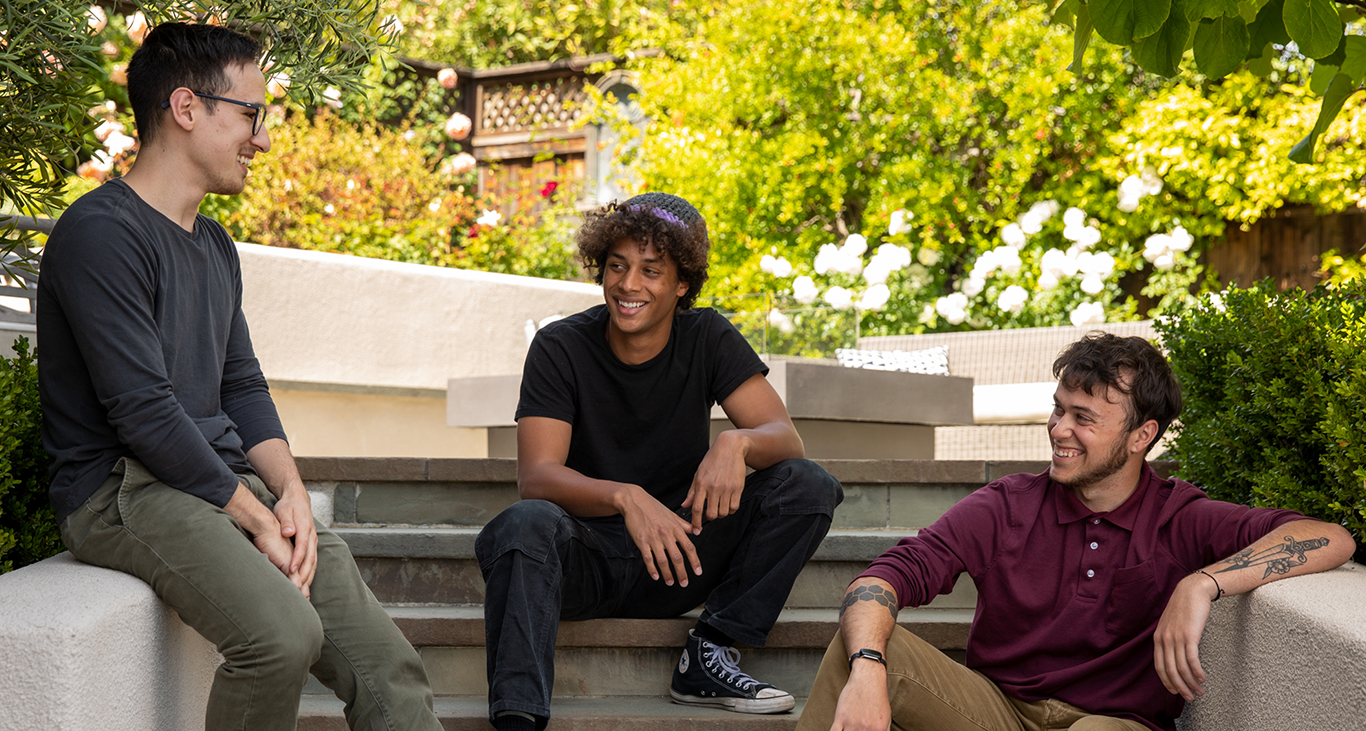
What Is a Licensed Counselor for Trauma and Emotional Support?
A licensed counselor for trauma and emotional support is a trained mental health expert who helps people deal with painful life experiences and emotional stress. These counselors are certified, meaning they’ve completed all the education and training needed to support people safely and effectively.
If someone has gone through trauma—like abuse, loss, or accidents—it can affect their mental and emotional health. A counselor listens, supports, and helps them recover.
Why Trauma and Emotional Support Matters
Trauma is not just a bad memory. It can stay in the body and mind for years. Emotional pain can disturb daily life, sleep, work, and relationships.
Counseling helps by:
- Making you feel heard and safe
- Helping you understand your emotions
- Teaching you how to cope with difficult thoughts
- Supporting your mental and emotional healing
Types of Trauma a Counselor Can Help With
1. Childhood Trauma
Includes emotional or physical abuse, neglect, or growing up in a violent home.
2. Domestic Abuse or Violence
Being physically or emotionally harmed by a partner or loved one.
3. Grief and Loss
Losing someone special or going through separation or death.
4. Accidents or Injuries
Car accidents, medical injuries, or any scary event.
5. Sexual Abuse or Assault
Unwanted sexual actions or behavior that leave lasting pain.
6. Refugee or War Trauma
Experiencing violence or danger during war or migration.
What Does a Licensed Trauma Counselor Do?
A counselor’s job is to guide you with care, not to judge you. Their main roles include:
- Listening with care and without judgment
- Creating a safe and calm environment
- Helping you understand what triggers your emotions
- Using proven therapy methods like CBT or EMDR
- Teaching emotional control and self-care skills
Popular Therapy Techniques Counselors Use
- CBT (Cognitive Behavioral Therapy): Changes harmful thinking patterns
- EMDR (Eye Movement Desensitization and Reprocessing): Good for PTSD
- Talk Therapy: Safe conversations help process pain
- Mindfulness and Relaxation: Helps you stay calm and focused
Do You Need a Trauma Counselor? Signs to Watch
You may need help if you:
- Feel scared, anxious, or angry all the time
- Avoid places or people that remind you of bad experiences
- Have nightmares or flashbacks
- Feel hopeless or numb
- Struggle with relationships or emotions
How to Find a Licensed Counselor
1. Check Credentials
Look for licensed titles like:
- LPC (Licensed Professional Counselor)
- LCSW (Licensed Clinical Social Worker)
- LMFT (Licensed Marriage & Family Therapist)
2. Check Experience
Ask if the counselor has helped others with trauma. Look for reviews or ask for referrals.
3. Book a First Appointment
Use the first session to see if you feel safe and understood. You can always try someone else if it doesn’t feel right.
Cost of Trauma Counseling
Prices usually range from $50–$200 per session. Affordable options include:
- Insurance coverage
- Sliding scale (based on income)
- Community mental health clinics
- Online therapy platforms
Online Counseling: A Flexible Option
If visiting a clinic is hard, you can try online therapy. Many licensed counselors offer support through:
- Video calls
- Phone sessions
- Text chat (on some platforms)
Popular services include:
- BetterHelp
- Talkspace
- OnlineTherapy.com
Always confirm the counselor is licensed.
How Long Does Trauma Counseling Take?
Healing is personal. Some people improve in weeks, others may need months. The goal is steady emotional recovery at your pace.
Counselors walk with you throughout this process. They help you build emotional strength and feel safe again.
Tips to Make Counseling Work for You
- Be honest – Share your real feelings
- Be patient – Healing takes time
- Attend regularly – Skipping sessions can slow progress
- Practice at home – Use the coping skills you learn
- Celebrate progress – Even small wins matter
Final Thoughts
A licensed counselor for trauma and emotional support helps people recover from painful experiences and emotional struggles. If you’re feeling lost, hurt, or scared—know that help is available.
You don’t have to suffer in silence. Speaking with a counselor can bring peace, balance, and hope. It’s a sign of strength to ask for help, and with the right support, you can rebuild your emotional life.
FAQs – Quick and Simple Answers
Q1: What does a trauma counselor do?
They help people understand and heal from emotional pain using therapy and support.
Q2: Can I recover from trauma with counseling?
Yes, with the right support, many people feel better and rebuild healthy lives.
Q3: Is counseling only for serious trauma?
No, even mild emotional struggles can benefit from counseling.
Q4: How can I find a licensed counselor?
Search online, ask your doctor, or check directories like Psychology Today.
Q5: Is online counseling safe and effective?
Yes, many people find online therapy helpful and more convenient.





